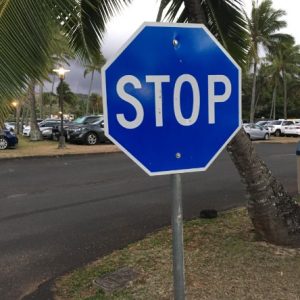Republican leaders have pointed to the nationwide No Kings protests—held across Washington, D.C. and other cities—as a factor complicating efforts to reopen the federal government. According to them, the protests are pressuring Democrats to maintain a hardline stance in budget negotiations rather than compromise on a funding deal. They argue that this wave of activism is being used by Democratic leaders to signal loyalty to their progressive base, rather than to seek timely resolution. One example: Mike Johnson, the House Speaker, said the demonstrations were part of a “show” by Democrats that delays reopening.
On the Republican side, the narrative is that the protests are deepening intraparty and interparty tensions. Senate Majority Leader John Thune (and other GOP leaders) maintain that the optics of the “No Kings” rallies overshadow substantive governance and obstruct bipartisan dialogue. They believe that Democratic justification for refusing a so‑called “clean” continuing resolution is bolstered by the activists’ pressure, making the shutdown harder to break. Meanwhile, organizers of the No Kings movement say they are engaging in peaceful, constitutional protest—expressing frustration with what they claim are authoritarian tendencies in the administration. Their message rejects the idea of a “king” in the presidency and calls for accountability of elected officials.
Public sentiment, meanwhile, is showing signs of strain. The government shutdown is now among the longest in U.S. history, and as consequences mount—among federal employees furloughed, delayed services and growing economic unease—the role of the protests in influencing the political calculus remains uncertain. Polls suggest more Americans are blaming Democrats for the impasse, despite GOP claims that the real obstacle is activist‑driven posturing.




